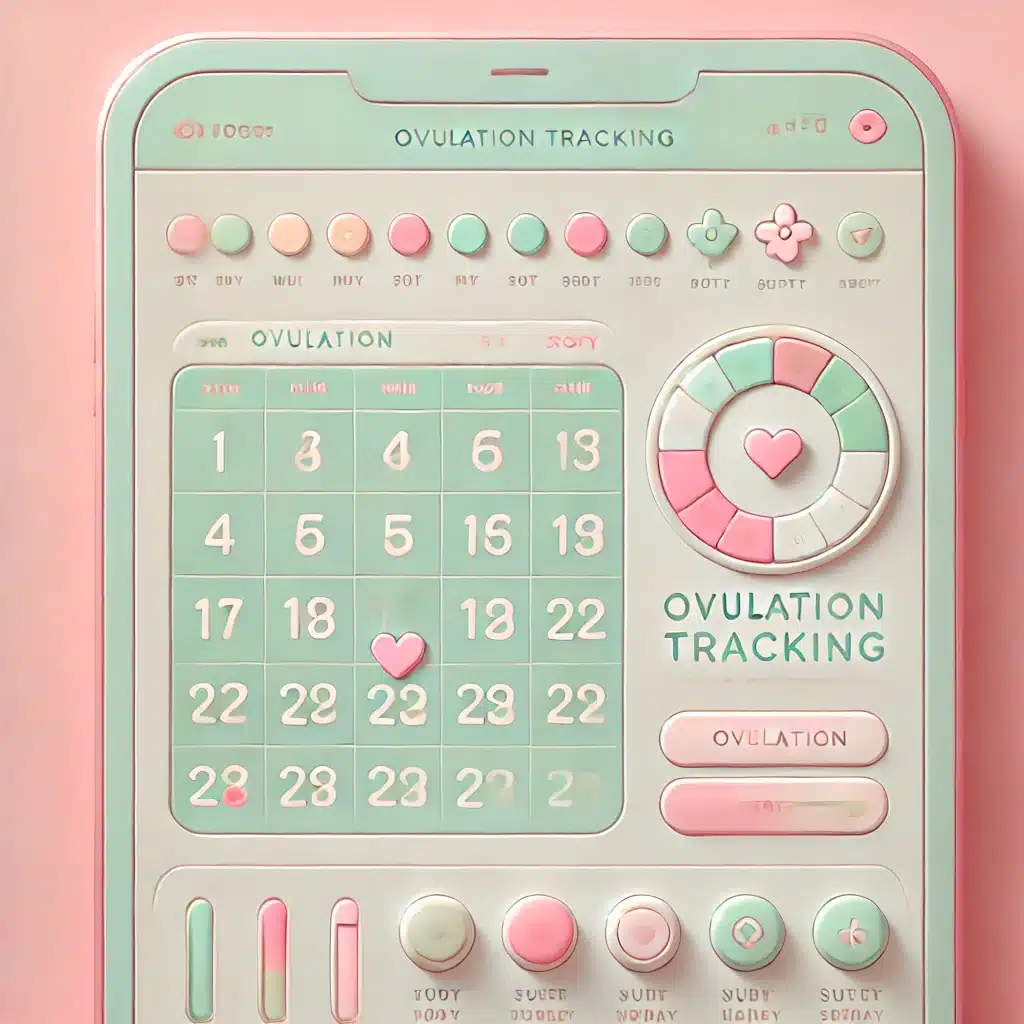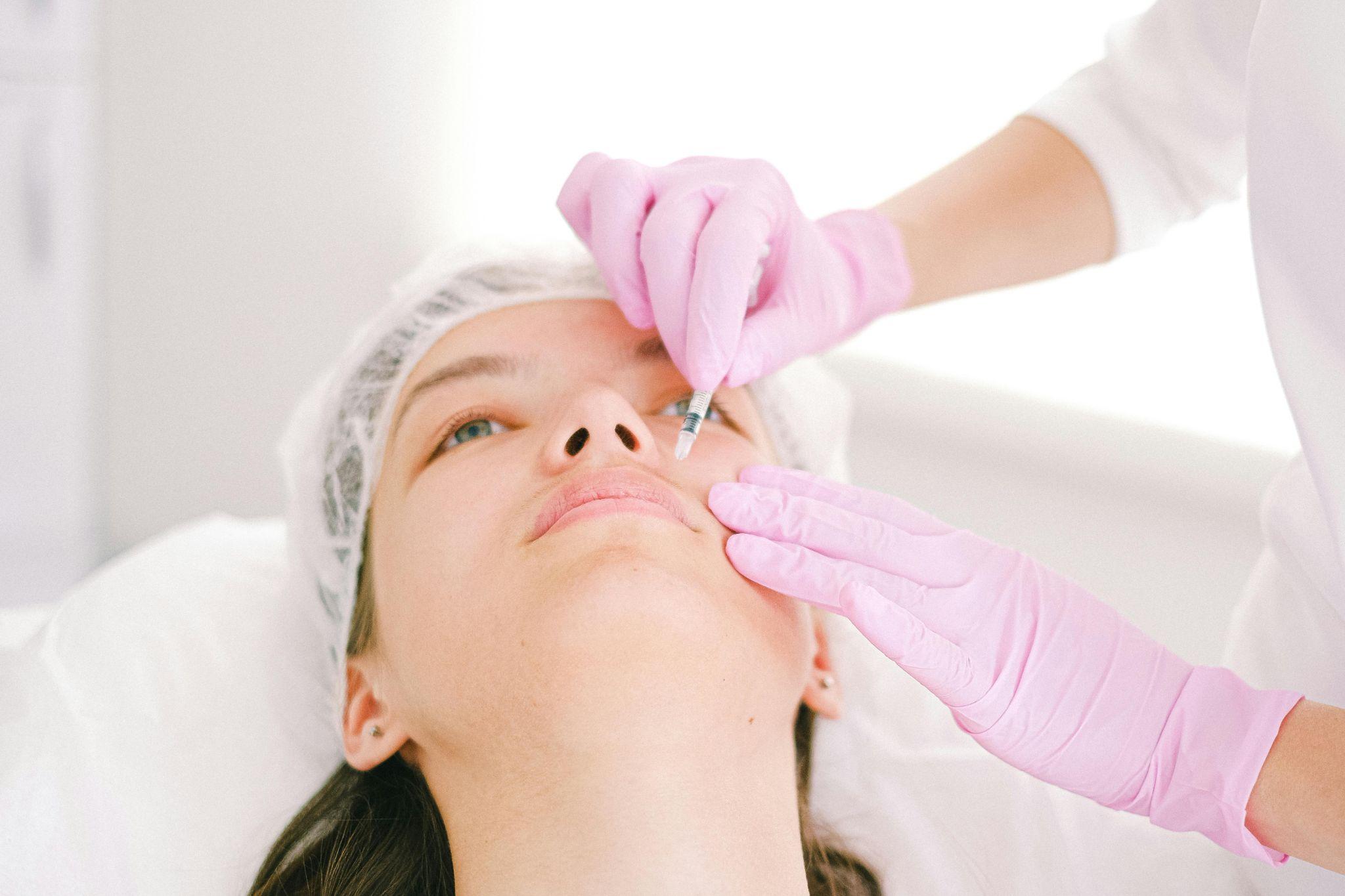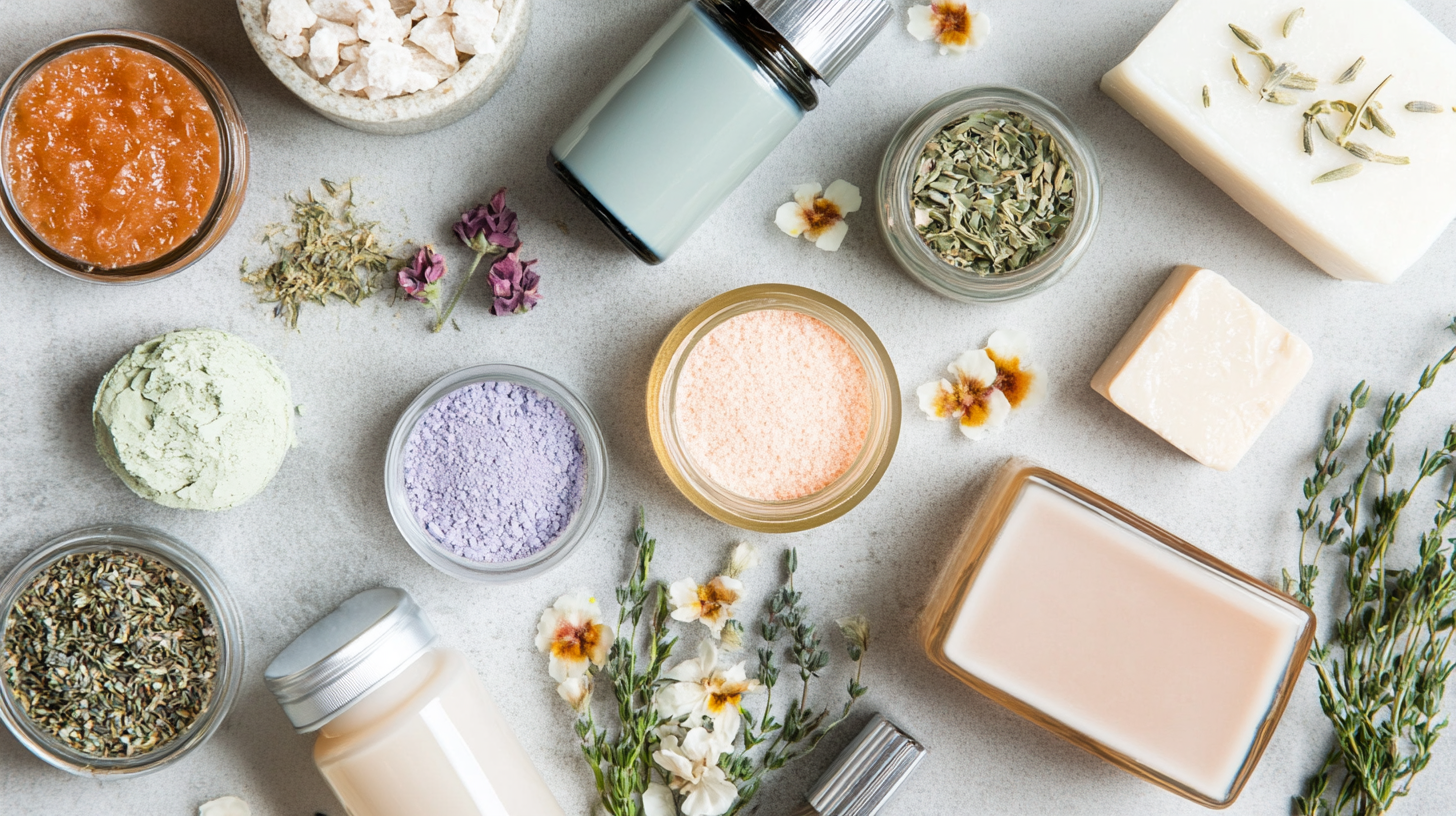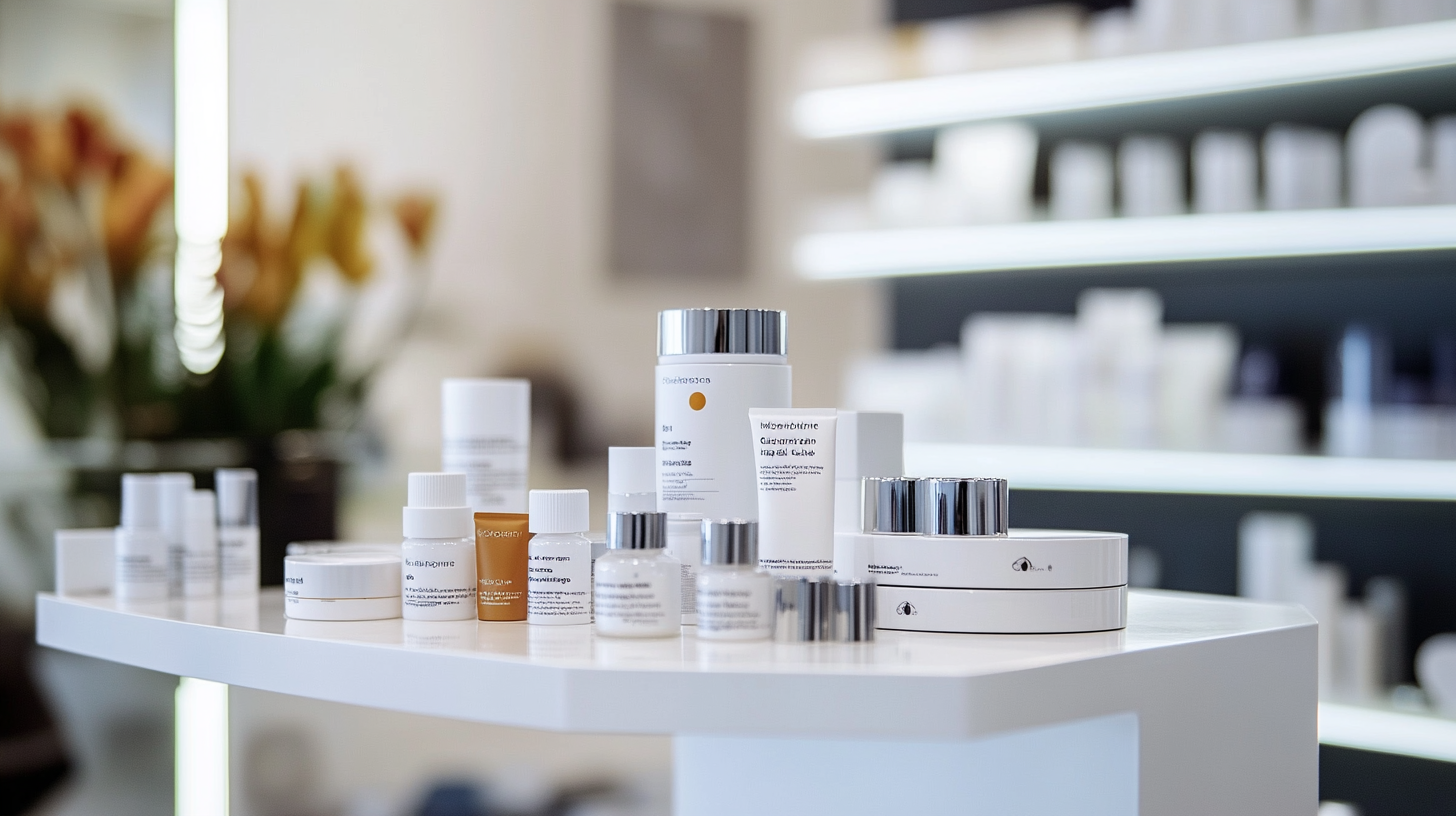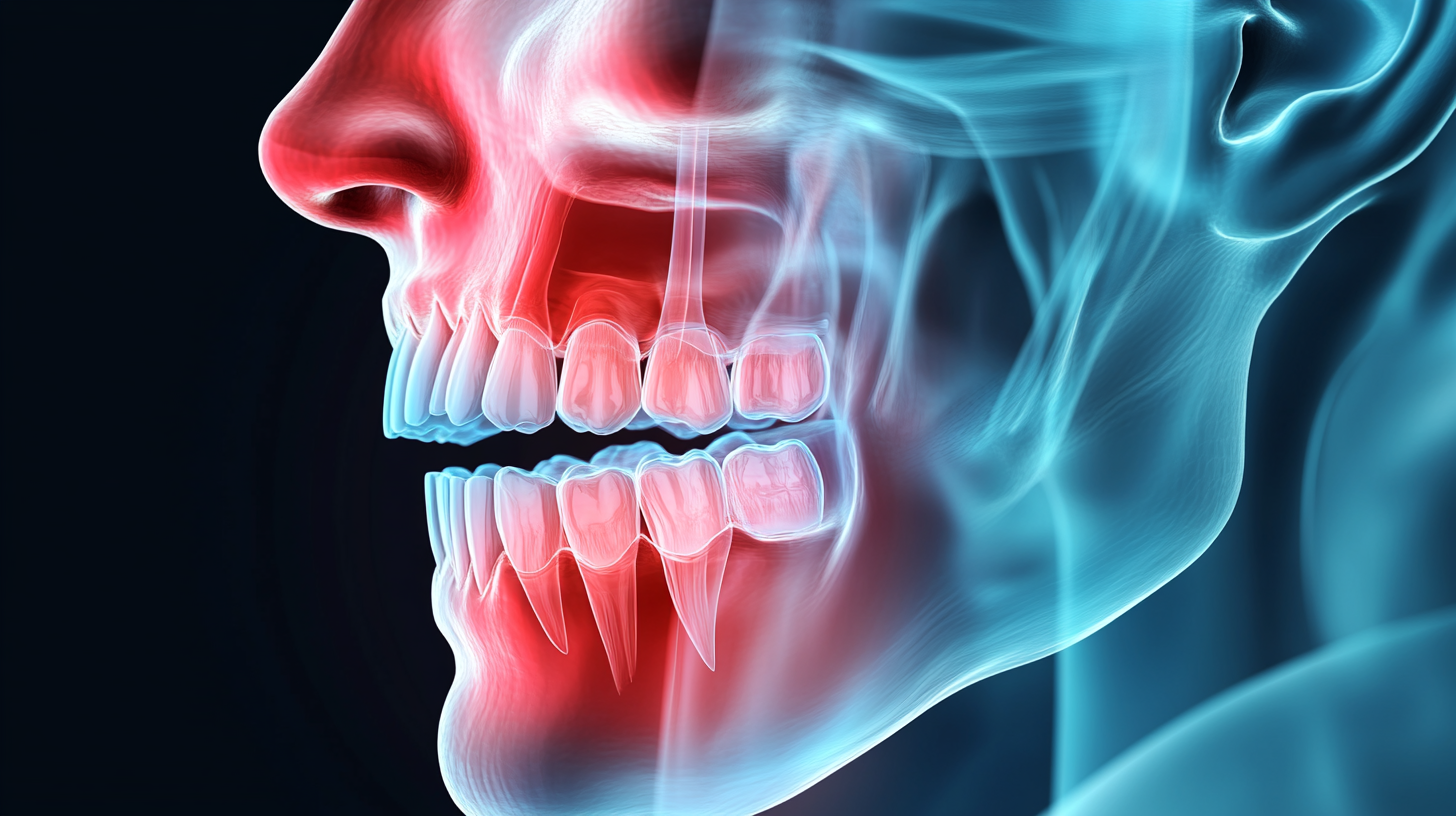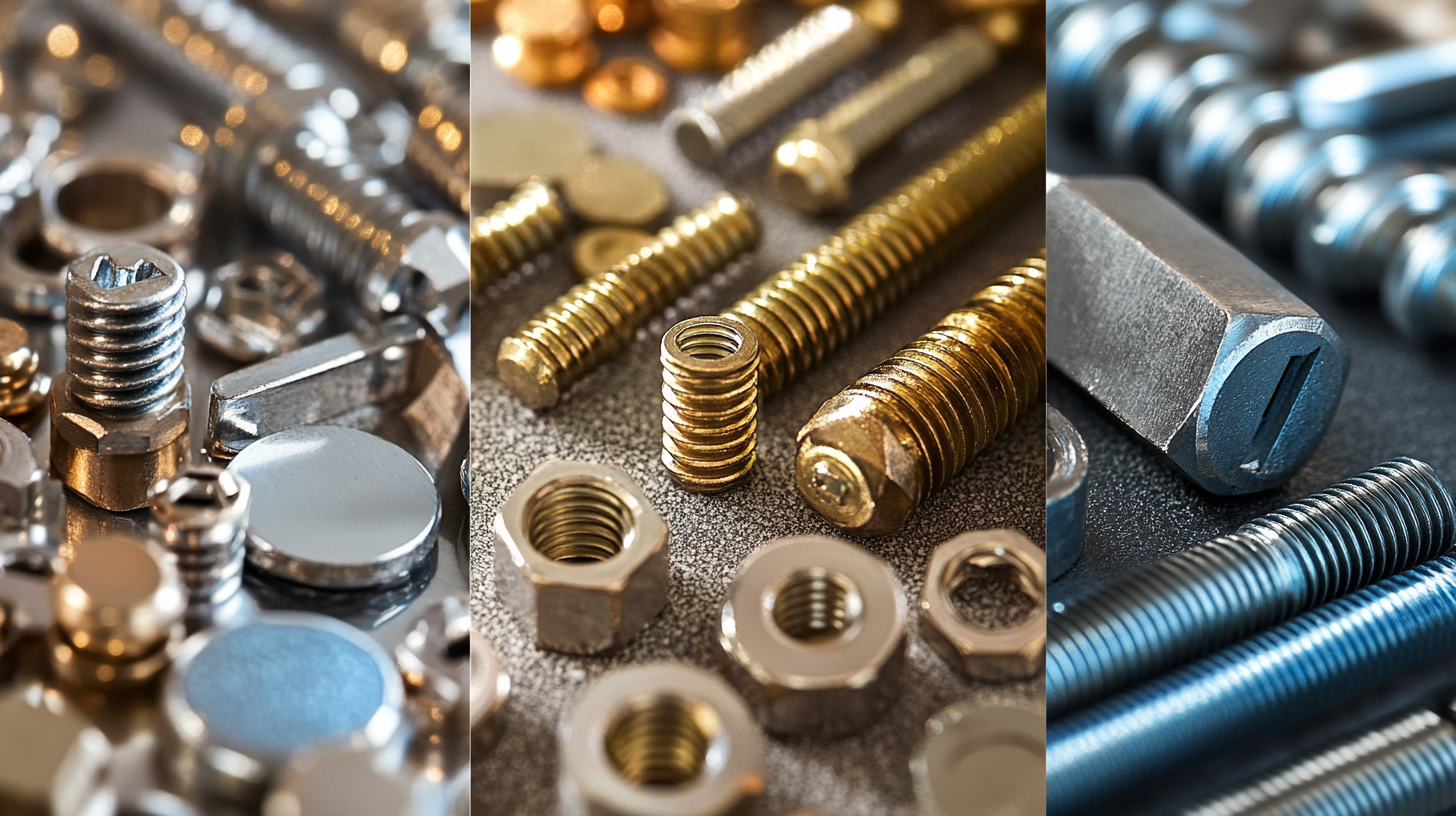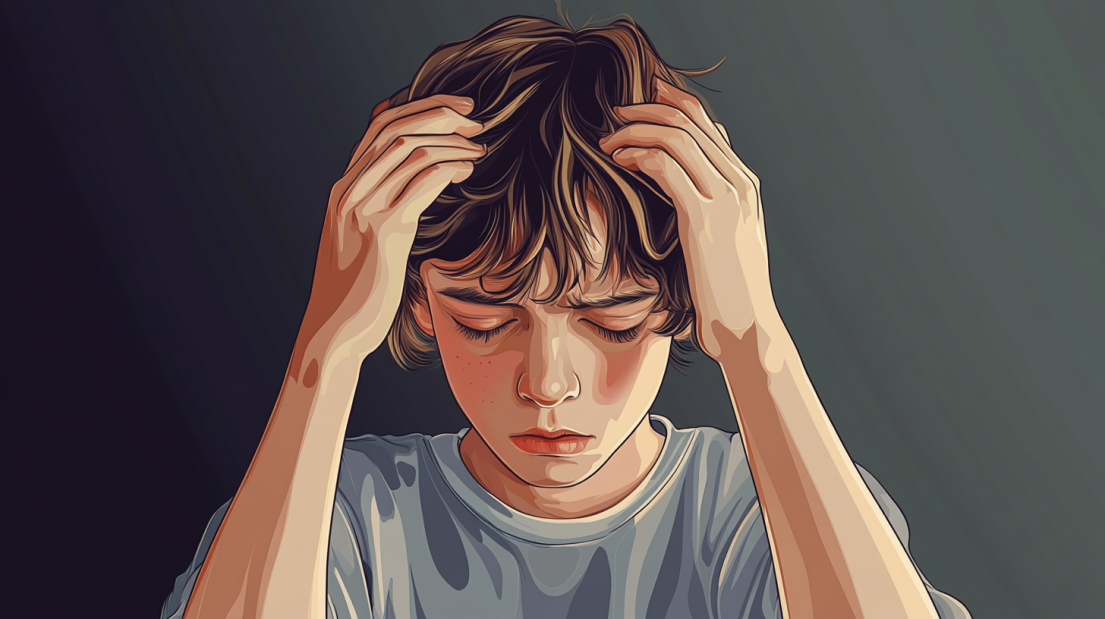
Hormones are chemicals produced by the endocrine glands in the body. Once produced, they are carried through the bloodstream to target organs across the body to coordinate different body functions. A hormonal imbalance happens when the production of a hormone is either too low or too high. This leads to a disruption in the body’s self-regulating system and has worrisome consequences.
The female sex hormones
Estrogen
This is the major female sex hormone produced primarily by the ovaries, with some contribution from adrenal glands and fat cells. It plays a role in;
- Female sexual development and puberty
- Reproduction
- Bone and muscle growth
- Body fat distribution
- Regulating cholesterol levels
- Brain function and ability to focus
- Collagen production
Progesterone
This is produced in the ovaries after the ovulation occurs and peaks in the premenstrual phase. Its function is to;
- Prepare the uterine lining for implantation of a fertilized egg
- Support pregnancy
Testosterone
Although considered a male sex hormone, testosterone is also produced in smaller amounts in females by the adrenal glands and ovaries. It plays a role in
- Sex drive
- Bone and muscle growth
An imbalance in the sex hormones can lead to irregular cycles, subfertility, acne, hirsutism, problems in intimacy, and mental health issues, among many other problems.
When do female hormones fluctuate?
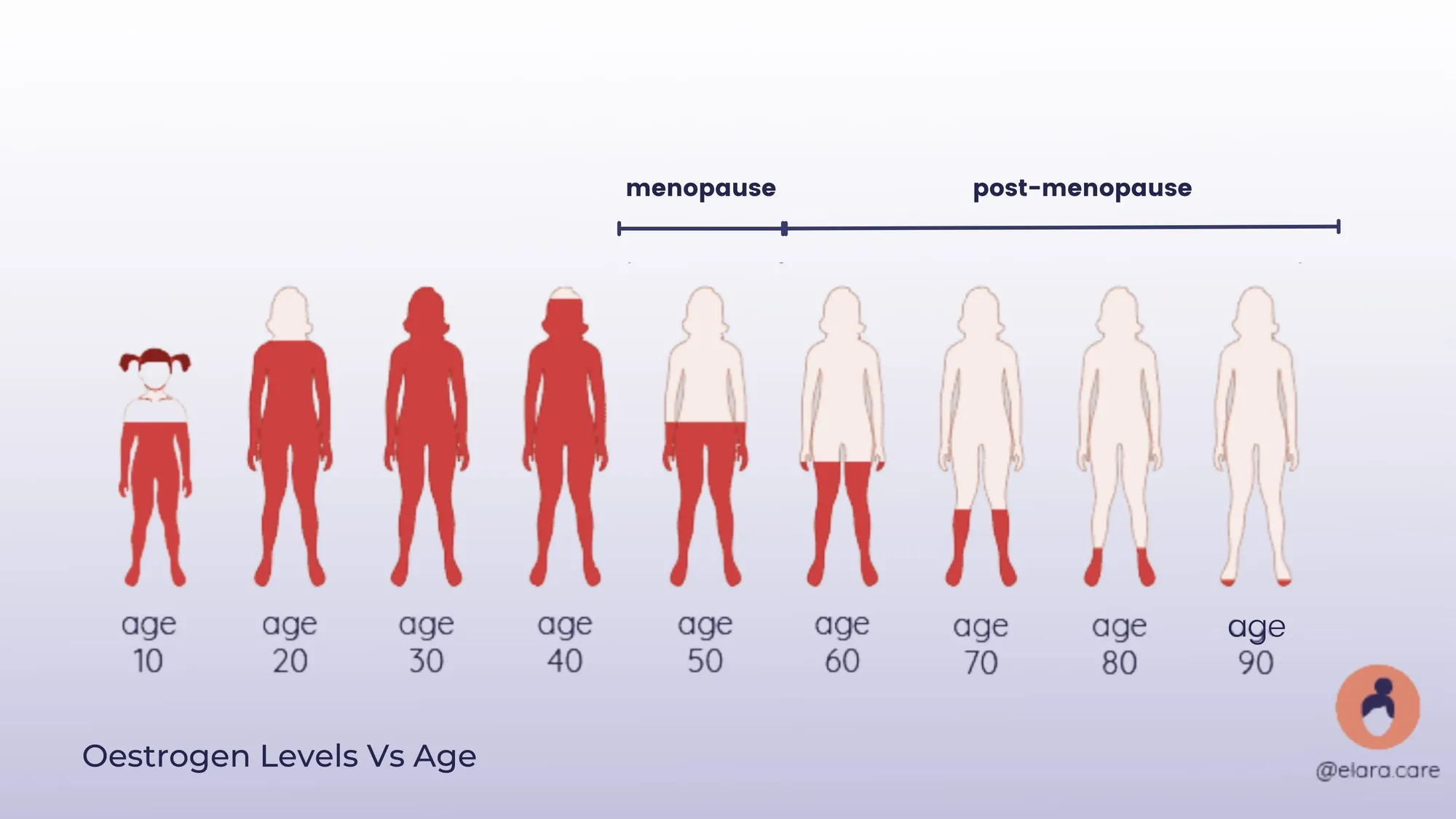
There are various phases in a woman’s life when marked hormonal changes occur and influence her body functions. The significant ones are;
Puberty
Girls enter puberty around the age of 8 to 13 years. In this phase, under the hormonal influence of the brain, the ovaries start producing sex hormones. During puberty, there is;
- Breast development
- Pubic and armpit hair growth
- Growth spurt
- Onset of menstruation
Pubertal hormonal transition can lead to mood swings in young girls as their bodies adjust to the new norm.
PMS
The high levels of the hormone progesterone trigger a combination of both physical and emotional issues in the premenstrual phase. This is called premenstrual syndrome and affects many women in the week or two preceding their menstrual period. Women might experience;
- Irritability and depression
- Mood swings
- Bloating and cramping
- Breast tenderness
- Headaches
- Trouble sleeping
- Spotty skin and greasy hair
Pregnancy and Postpartum
During pregnancy, the placenta produces a major share of hormones that support the pregnancy and prepare the body for childbirth and breastfeeding. These include human chorionic gonadotrophin, human placental lactogen, estrogen, and progesterone.
After childbirth, the placental hormones are withdrawn, and the ovarian cycle of producing the hormones ultimately resumes. This transition is sometimes delayed, especially in breastfeeding women. The postpartum period is thus potentially a hypoestrogenic state with issues like hair loss, skin dullness, vaginal dryness, vaginal laxity, and lack of libido common at this time.
Perimenopause and Menopause
Perimenopause is the period before menopause when the body witnesses a drop in the female sex hormones due to the erratic production of ova and hormones by the ovaries. At menopause, the ultimate cessation of periods occurs due to the ovaries’ failure to ovulate in response to brain signals. There is a marked decline in hormones produced by the ovary. Women often experience;
- Irregular periods
- Hot flashes
- Insomnia
- Emotional changes
- Difficulty concentrating
- Dry skin and hair thinning
- Vaginal dryness
- Vaginal laxity
- Painful sex
- Changes in sex drive
Tips for balancing female hormones

Maintain a healthy weight
Obesity and the associated insulin resistance can lead to a lack of ovulation in women and irregular cycles. Similarly, being underweight can affect the hormone signals from the brain to the ovaries, resulting in menstrual irregularity or absent menstruation, known as “hypothalamic amenorrhoea.” Eating within your calorie range helps balance your hormones.
Eat well
Take a balanced diet with all food groups in appropriate proportions. Minimize added sugars, as they can lead to insulin resistance, which increases your chances of developing PCOS and diabetes. Consume enough proteins to provide the essential amino acids for hormone synthesis. Aim to make your diet “nutrient rich” by avoiding “empty-calorie foods.” Avoiding alcohol, processed sugar, and caffeine also aids in managing PMS.
Manage stress
Stress causes increased production of the stress hormone cortisol. This disrupts the balance of other hormones in the body. The hypothalamic-pituitary-ovarian axis responsible for maintaining the balance of female sex hormones is also inhibited during periods of stress and leads to ovarian quiescence, amenorrhoea, and infertility.
Stress reduction strategies like exercise, spending time in nature, engaging in fun-filled outdoor family activities, yoga, and meditation are effective in balancing hormones naturally.
Take supplements
Multivitamins, including the B-complex and vitamin D, help in healthy metabolism of hormones. Magnesium reduces stress and cortisol levels, and omega-3 promotes hormonal balance by its anti-inflammatory properties.
Probiotics modulate insulin resistance by promoting a healthy gut while inositol acts against insulin resistance. Supplementing diets with these products is useful in keeping hormones within the normal range.
Address intimate concerns
As mentioned earlier, an imbalance of sex hormones can lead to vaginal laxity, vaginal dryness, discomfort during sex, and loss of libido. Vaginal lubricants and moisturizers alleviate vaginal dryness and painful sex.
Kegel pelvic floor exercises stabilize the pelvic floor and strengthen the vagina. Vaginal rejuvenation techniques are effective in treating vaginal laxity in women who fail to respond to these simple measures.
Avoid hot flash triggers
Seventy-five percent of women undergoing menopausal transition experience the uncomfortable symptoms of hot flashes. Lifestyle changes to avoid its triggers are a key component of managing menopause naturally. Some of the common triggers to avoid include warm environments, wearing heavy clothes, hot water baths, eating spicy food, smoking, caffeine intake, and alcohol consumption.
Take medical treatment
When in doubt about your hormones and reproductive health, consulting a doctor is always a good option. Your healthcare provider is better positioned to find your problem’s underlying cause and suggest a management plan.
Hormone replacement therapy effectively manages menopause symptoms and their long-term health consequences in women experiencing menopausal transition. Doctors prescribe alternative therapies to manage menopausal symptoms for women who have comorbidities that contraindicate the use of hormones.
Conclusion
Hormones are powerful chemicals that coordinate complex body functions. They need to be in optimal ranges for better health. The reproductive and sexual well-being of women depends on the balanced production of sex hormones. Healthy lifestyle choices help maintain this balance. It is essential to talk to your healthcare provider about your symptoms and get tailored advice for managing them effectively.








































